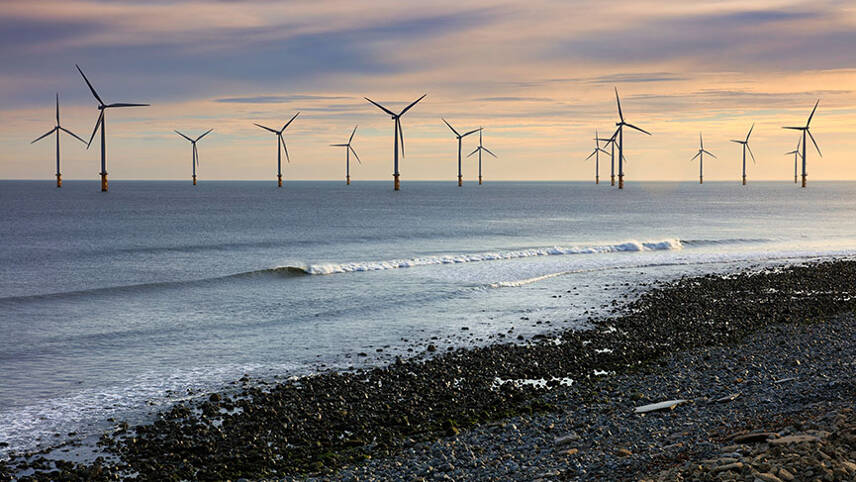Register for free and continue reading
Join our growing army of changemakers and get unlimited access to our premium content

LUT University in Finland has released a new report that explored the pathways for the UK to switch to a 100% clean energy system by 2050. According to the Climate Change Committee (CCC), the UK is off-track to deliver its ambitions of a net-zero power grid by 2035.
The new research states that scenarios, where the UK can manage the energy transition securely, would require at least 27GW of wave and tidal energy capacity by 2050. The report states this would cover the trebling of energy consumption by 2050 as other sectors electrify.
The report notes that increased tidal would be required alongside new storage capacity that promotes flexibility. This would enable more wind, solar, wave, tidal, geothermal, biomass and hydropower integrate with the grid.
Marine Energy Council Policy Director Richard Arnold said: “The Government has an opportunity to embed UK content in marine energy projects deployed in its waters and around the world. We are now calling for a consistent route to market for wave energy with clear and ambitious targets of at least 300MW deployed by 2035.”
The research says that this approach would allow the UK to move away from the high costs of fossil and nuclear-based energy.
Research suggests that the cost of generating power from sources like tidal has almost halved since 2018, with the Offshore Renewable Energy (ORE) Catapult finding that prices could be lower than that of nuclear depending on policy support.
Tidal energy projects have notably started to be included in Government clean energy auctions, but the Government hasn’t been clear in its funding plans in general. Projects approved through the auctions are expected to boost UK tidal power from 10.4MW of installed capacity to more than 50MW by 2027.
Last month, the University of Edinburgh published a report, finding that just 6GW of tidal and wave capacity each could help reduce energy system costs by more than £1bn annually. Additionally, co-locating wave and wind energy could reduce costs from by technologies by 12%.
The ORE Catapult has previously claimed that tidal stream technology could generate £1.4bn in benefits to the nation’s economy by 2030, while wave energy could add an extra £4bn and around 8,100 jobs by 2040.


This common-sense report should be aligned with green hydrogen production (and imports) to allow business to define solutions to the power transition, not politicians influenced by local (UK) interest lobbying. We desperately need a sustainable industry and power strategy to set the plans for the next 50 years and beyond.